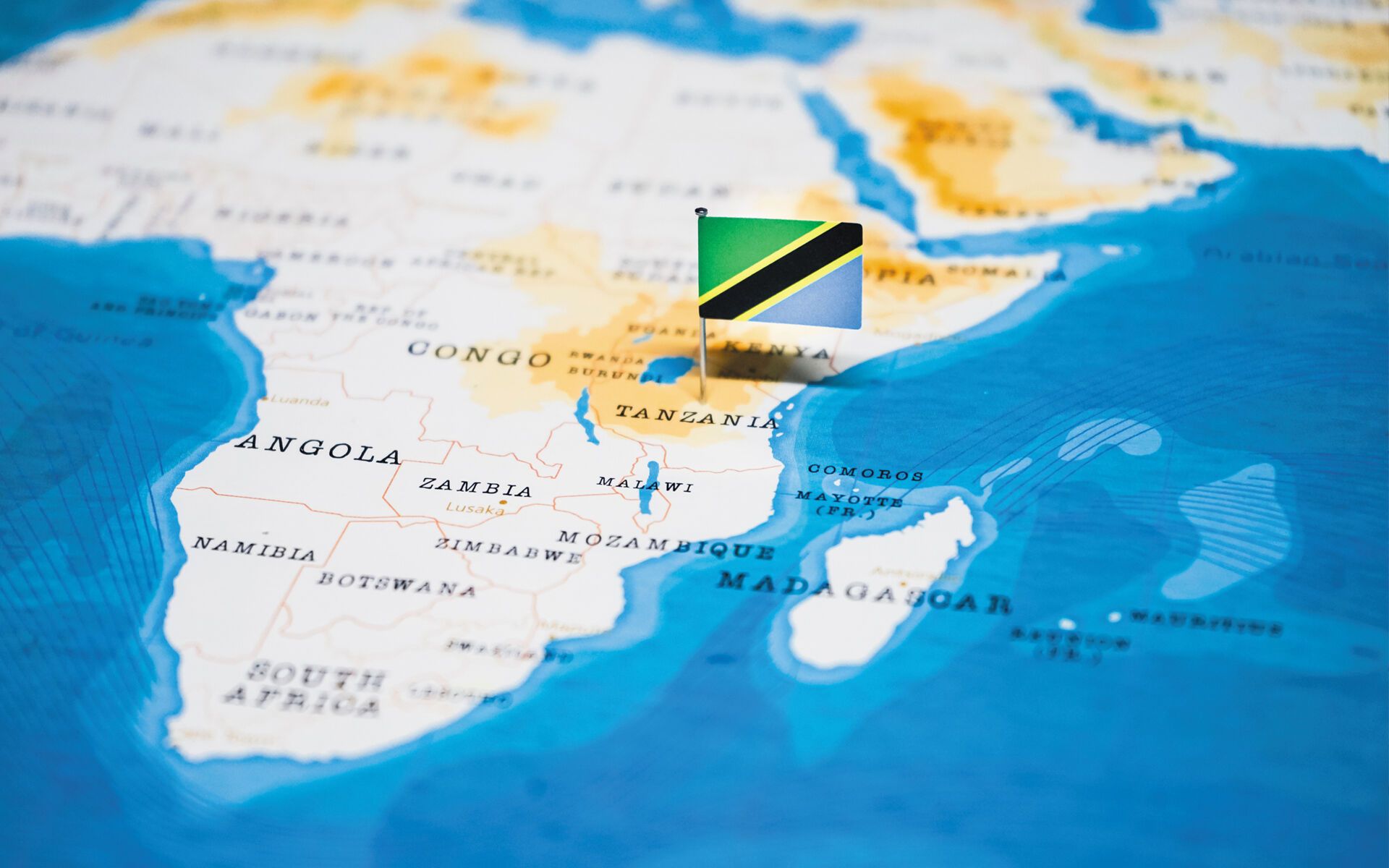Kilwa Kisiwani – the wealthiest Swahili city-state

In This Article
-
In the 14th and 15th century, Kilwa Kisiwani, larger of the two islands, basked in glory and was considered one of the wealthiest Swahili city-states with the finest harbors in East Africa.
Considered as a World Heritage Site, Kilwa (or “Quiloa”) bears testimony to the rich heritage and flourishing Indian Ocean trade from the 13th to the 16th century. Kilwa Kisiwani and Songo Mnara are the islands with two port cities which lie about 300 kilometers south of Dar es Salam. These islands can only be accessed by boat. Today, they are marked by ruins; but the islands give a deep understanding of prosperity in Tanzania even before the island of Zanzibar lead the world in the clove trade.
In the 14th and 15th century, Kilwa Kisiwani, larger of the two islands, basked in glory and was considered one of the wealthiest Swahili city-states with the finest harbors in East Africa. Much of the trade in the Indian Ocean passed through this port city. Business prospered and its fame spread far and wide, attracting merchants and traders, and bringing caravans loaded with valuable commodities. Impressed buyers came from the Middle East, India, Persia, and Europe looking for gold. The world demand for gold soared and Kilwa had the supply controlling and dominating the gold trade. The years from 1300 to 1330 were an era of exceptional wealth. This was the only time where the rulers were known to have minted gold coins. Traders brought with them goods from India, the Persian Gulf, and China and exchanged from Kilwa’s bounty, thus there was a lot of trading commodities such as pearls, silver, ivory, perfumes, resins, cowrie shells, local cotton materials, tortoise shells, Rhinoceros horns, expensive Indian fabrics, Arabian crockery, Chinese porcelain, and Persian ceramics.
Sultan Al-Hasan bin Sulaiman, who ruled from 1310–1335, was a generous man known as the “Father of Gifts.” Ibn Battuta described the Sultan in his compilation called, al-Rihla or "The Travels" as follows:
When I arrived, the Sultan was Abu al-Muzaffar Hasan, surnamed Abu al-Mawahib (father of gifts) on account of his generosity. This Sultan is very humble: he sits and eats with beggars, and venerates holy men and descendants of the Prophet.
He also said the Sultan wore, “fabrics imported from Jerusalem and Egypt” [1].
It is said that there were nearly 99 mosques on Kilwa Kisiwani and the town was said to be built on pure marble. The Great Mosque was grandiose with its 16 domed and vaulted bays, and is believed to be the oldest standing mosque on the East African coast [2].
The Sultan built a magnificent Palace named Husni Kubwa, believed to be the only structure of such grand scale and complexity along the coast, like no other. There were about 100 rooms in the Palace. Many scholars visited this island, one of them was a fourteenth century Moroccan traveler known as Ibn Battuta, who left his hometown to complete the pilgrimage to Mecca and ended up journeying around the world for almost 30 years.
He visited Kilwa in 1331 and fell in love with the islands and its people and described Kilwa as “one of the most beautiful and well-constructed towns in the world… Its people … are for the most part religious and upright…” It is written that Ibn Battuta married one of the daughters of the Sultan, worked as a lawyer for the Sultan, and lived on the island for about 2 years.
The Portuguese were also impressed by the power of Kilwa. When they first set eyes on it, they were amazed at its splendor. Duarte Barbosa, the commercial agent visited Kilwa in 1512 and said,
“When the King of Portugal discovered the island, the Moors of Sofala, Cuama, Angoche, and Mozambique were all under obedience to the King of Kilwa, who was a great King amongst them. And there is much gold in this town, because all the ships which go to Sofala touch at this island, both in going and coming back.” [3]
He also said,
“…a Moorish town with many fair houses of stone and mortar, with many windows after our fashion, very well laid out in streets, with many flat roofs and doors that are of wood, well carved with excellent joinery and in this town, was plenty of gold as no ships passed to or from Sofola without coming to this island. Of the people, most of whom are Moors and are clad in many rich garments of gold and silk and cotton with the women adorned with much gold and silver in chains and bracelets and many jeweled ear-rings in their ears.” (c1516)
Both European and Arab nations tried to conquer it, envying Kilwa’s power. Ruins of the majestic palaces, Persian designs, massive boulders and mosques are a legacy of its years of power and dominion. Inhabited by a few locals today, many tourists visit the island, to witness the place of great pride in the history of Tanzania.
References
- African History: http://oxfordre.com/africanhistory/view/10.1093/acrefore/9780190277734.001.0001/acrefore-9780190277734-e-152
- https://whc.unesco.org/en/list/144
- Karen Moon. 2005. Kilwa Kisiwani: Ancient Port City of the East African Coast.









